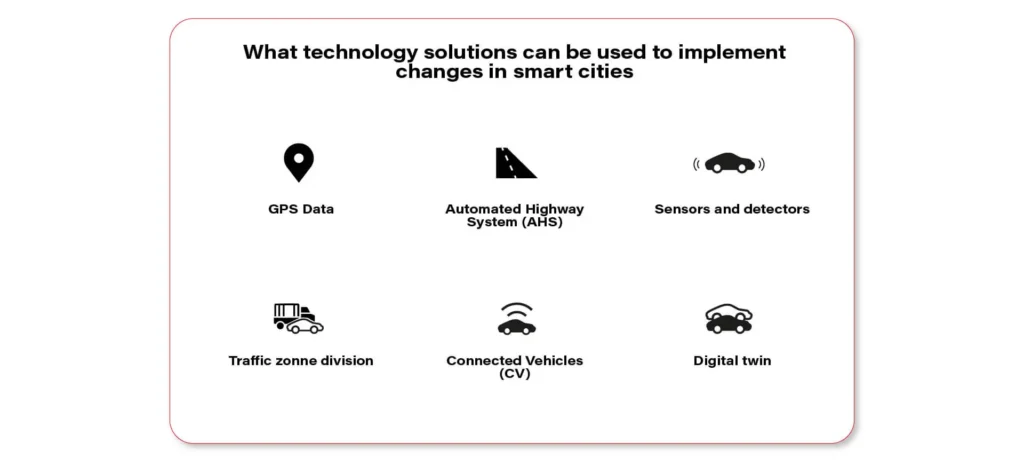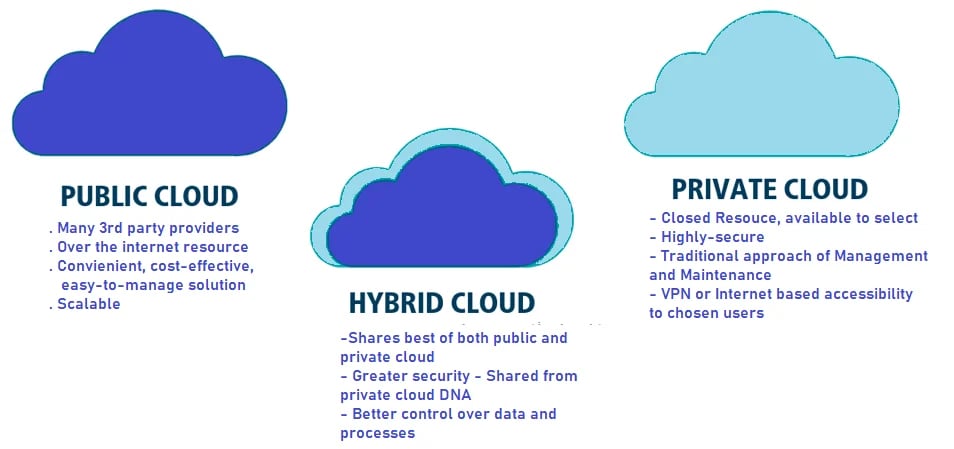Google now lets you request the removal of personal contact information from search results
[ad_1]
Google announced this week that it’s expanding the types of personal information that users can request to be removed from search results. Under the new policy expansion, people can request the removal of personal contact information, such as a phone number, email address or physical address. Prior to this expansion, the policy mainly covered information that would let other people steal your identity or money, such as banking and credit card details.
The expanded policy now also allows people to request the removal of additional information from search results that may pose a risk for identity theft, such as confidential log-in credentials.
“The availability of personal contact information online can be jarring — and it can be used in harmful ways, including for unwanted direct contact or even physical harm,” said Michelle Chang, Google’s global policy lead for search, in a blog post. “And people have given us feedback that they would like the ability to remove this type of information from Search in some cases.”
Google says it that when it receives a removal request, it will evaluate all content on the web page to ensure that it’s not limiting the availability of other information that is “broadly useful,” for instance in news articles. The company will also evaluate is part of the public record on government websites or official sources, as it won’t make removals in these cases. For example, phone numbers for politicians won’t be removed because they are publicly available on government websites.
As part of the removal process, you need to submit all the web and image URLs that you want Google to review for removal. For Google to consider the content for removal, it must include your contact info and there must be the presence of “explicit or implicit threats” or “explicit or implicit calls to action for others to harm or harass.”
Once you submit a removal request, you will get an automated email confirmation. Google will then review your request and may ask for additional information in some cases if the request doesn’t have enough information for the company to evaluate it. If the submitted URLs are found to be within the scope of Google’s policy, the company will take action. If the request doesn’t meet Google’s requirements for removal, the company will give you a brief explanation detailing why your request was denied.
Google notes that even if it removes content from search results, the information may still exist on the web, which means that people can still find the information on the page that hosts it, through social media and other search engines.
The policy expansion comes a few months after Google started allowing people under 18 or their parents request to delete their photos from search results. To do so, users need to specify that they want Google to remove “Imagery of an individual currently under the age of 18” and provide some personal information, the image URLs and search queries that would surface the results.
Google also lets you submit requests to remove non-consensual explicit or intimate personal images from Google, along with involuntary fake pornography.
[ad_2]
Source link







